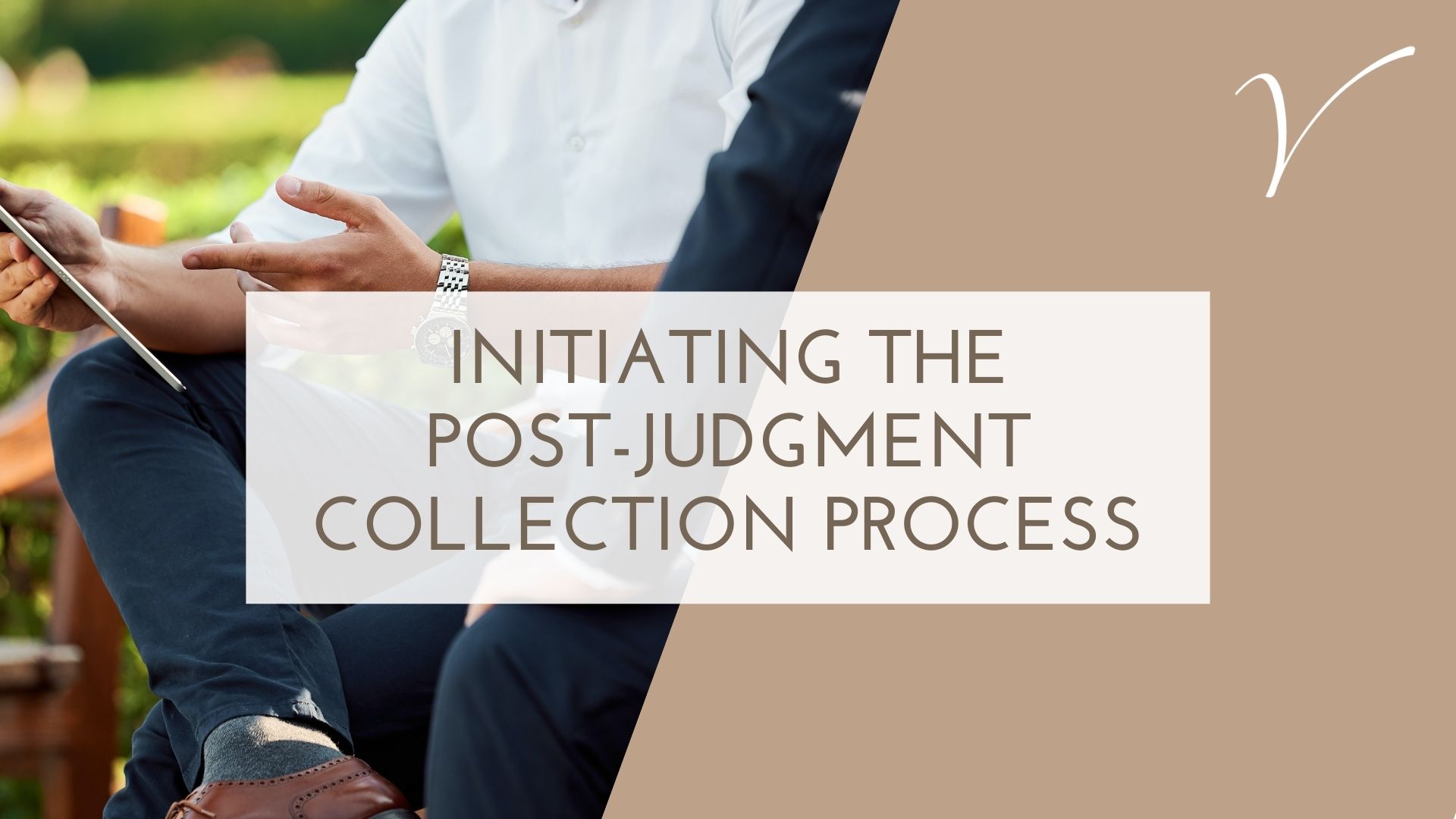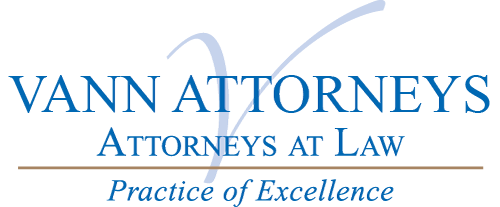Initiating the Post-Judgment Collections Process
By Jim Beck
Attorney at Law

Once a lawsuit is over and judgment has been entered, North Carolina law requires a creditor to take additional steps to begin the process of attempting to collect the judgment. Knowing how to navigate the particulars of this process can improve a creditor’s chances of recovering money from the judgment debtor.
Immediately after obtaining a filed judgment from a court, the creditor should serve a copy of the judgment on the debtor. It is important to document the fact a copy of the judgment was sent to the debtor. The debtor then has 30 days from the date of judgment to file an appeal. After the 30-day period expires, the next step depends on whether the debtor is an individual or a corporate entity.
If the debtor is an individual, the creditor must have the clerk of court issue a Notice of Right to Have Exemptions Designated. The creditor then serves that Notice on the debtor, along with a form Motion to Claim Exempt Property for the debtor to fill out. Once served, the debtor has 20 days to claim property exempt from execution. The creditor can object to the exemptions if necessary. After that process is done, the creditor should have a Writ of Execution issued by the clerk of court and then sent to the Sheriff so that the Sheriff can attempt to collect the judgment.
If the debtor is a corporate entity, it is not entitled to claim any exemptions and the creditor can start go ahead and obtain a Writ of Execution after the thirty-day appeal period expires.
There are numerous ways to get tricked up by the required processes and timelines. For example, if the debtor resides in a county other than the county where the judgment was entered, or owns property in another county, the judgment should be transcribed there and the Writ should be issued to that county. Additionally, failure to properly serve the Notice of Right to Have Exemptions Designated can slow the collections process down as it will have to be re-served, starting another 20-day response period.
It is always wise to consult with an attorney regarding judgment enforcement matters to avoid procedural pitfalls that could slow the process and potentially harm your ability to recover the judgment. The attorneys at Vann Attorneys, PLLC would be happy to discuss the process of post-judgment collections as well as post-judgment remedies available under North Carolina law.
Wisdom, Experience, Results
Learn More from Vann Attorneys
Vann Attorneys stands ready to meet the diverse needs of clients ranging from individuals to privately held family businesses to corporations with national distribution. The firm represents clients throughout North Carolina and the United States. We periodically publish content that is relavant to our clients and community. Keep reading our 'News & Events' page on the topics most important to you and your business.
Proven
Experience on
Your Side
Leave a message
Raleigh Office
RALEIGH HOURS
| Mon | 8am - 5pm |
|---|---|
| Tues | 8am - 5pm |
| Wed | 8am - 5pm |
| Thurs | 8am - 5pm |
| Fri | 8am - 5pm |
Charlotte Office
CHARLOTTE HOURS
| Mon | 8am - 5pm |
|---|---|
| Tues | 8am - 5pm |
| Wed | 8am - 5pm |
| Thurs | 8am - 5pm |
| Fri | 8am - 5pm |



